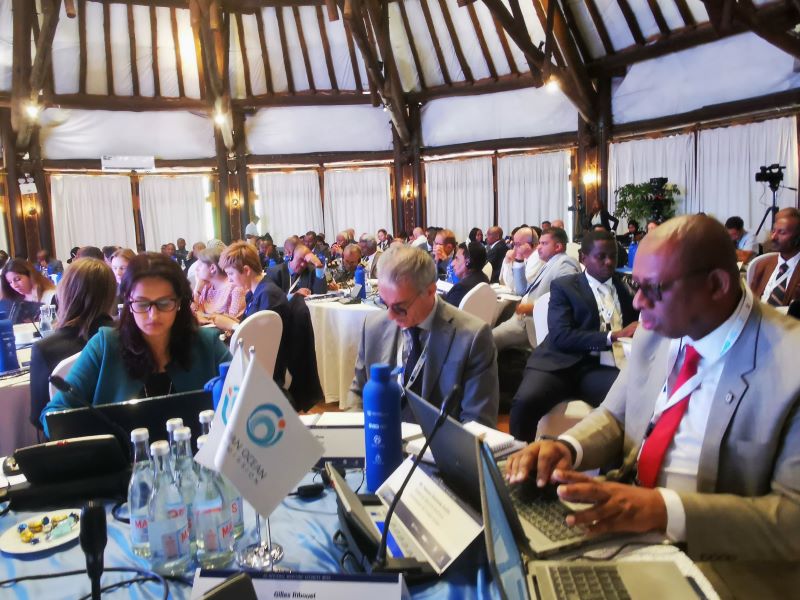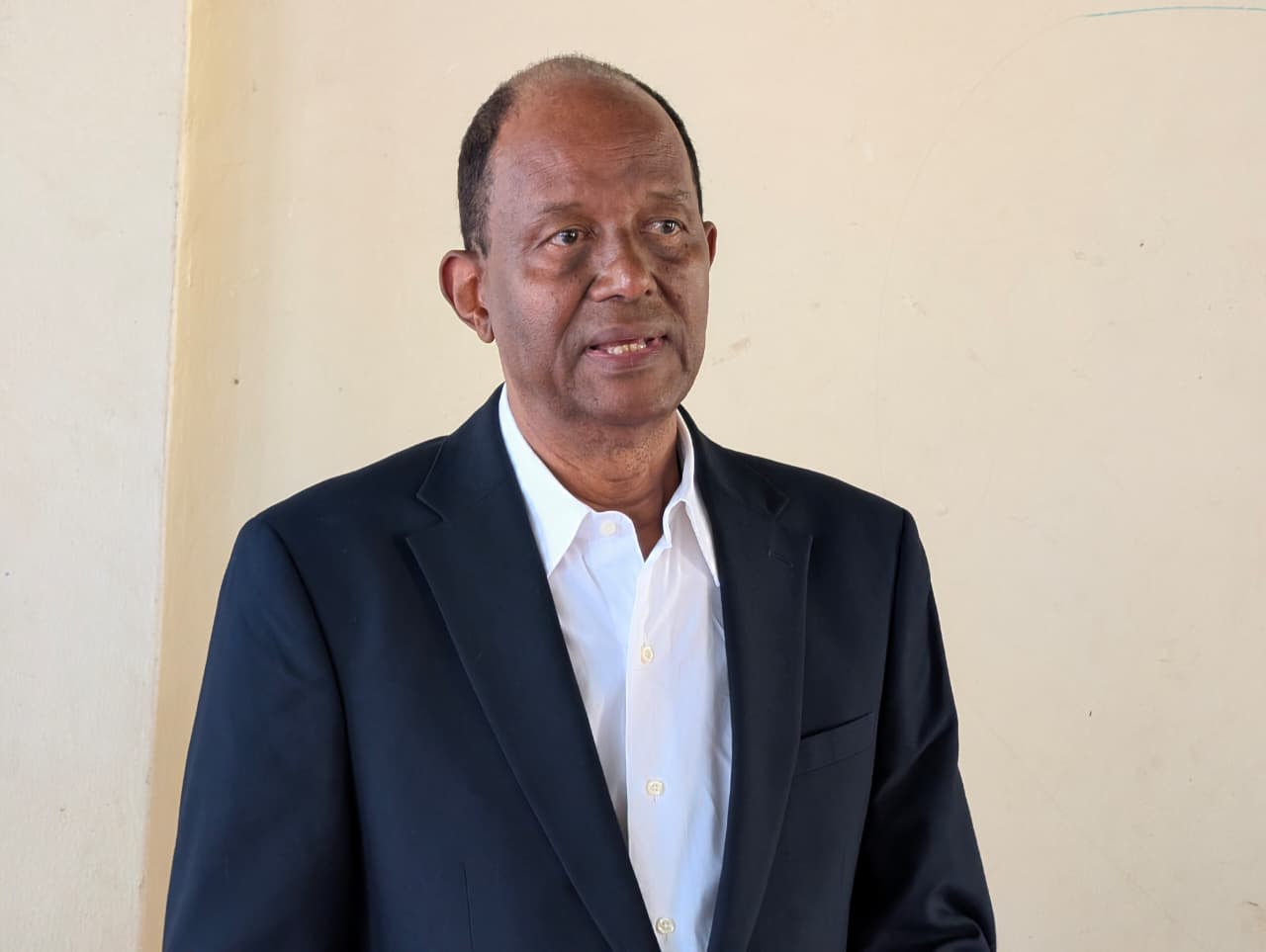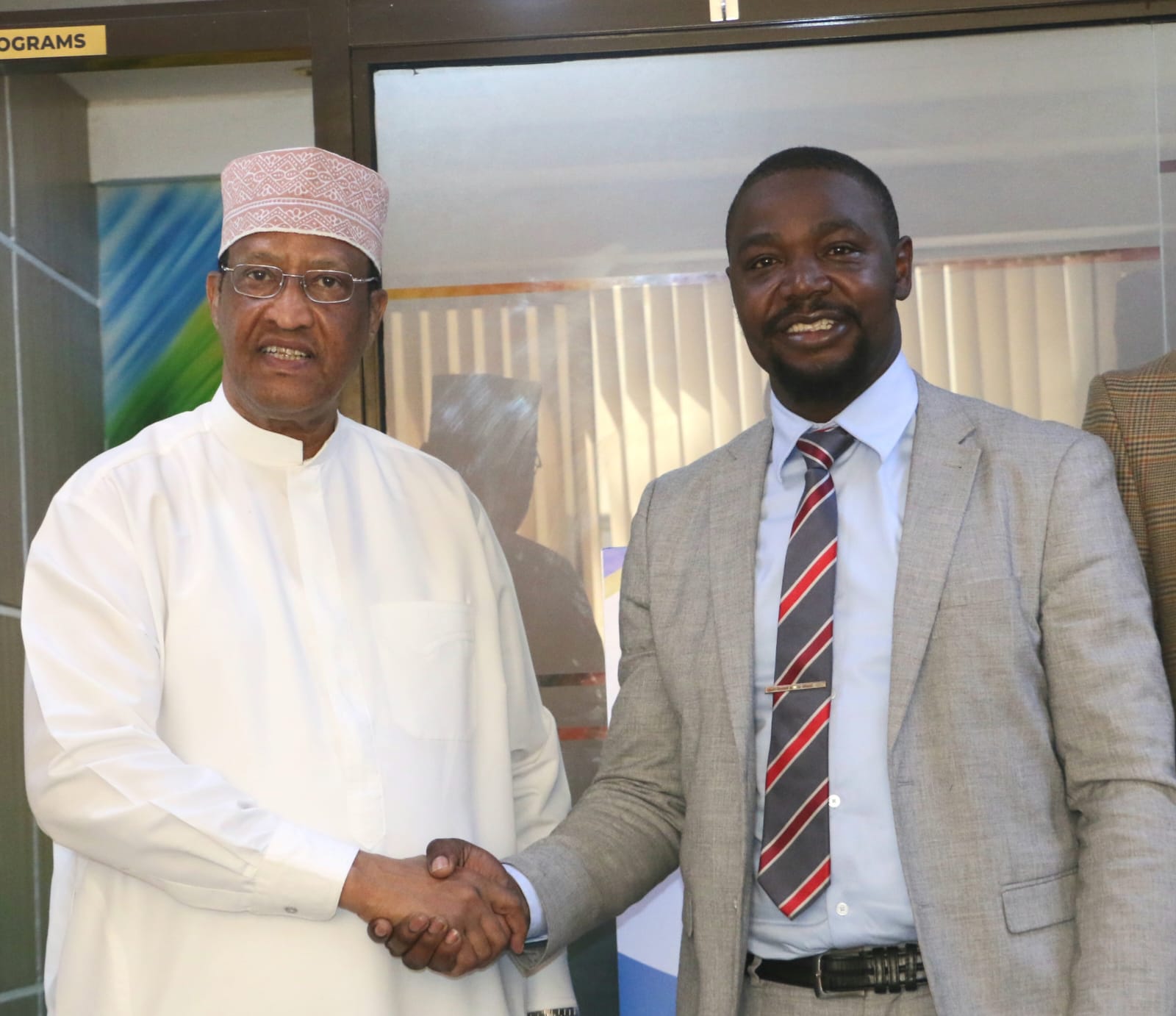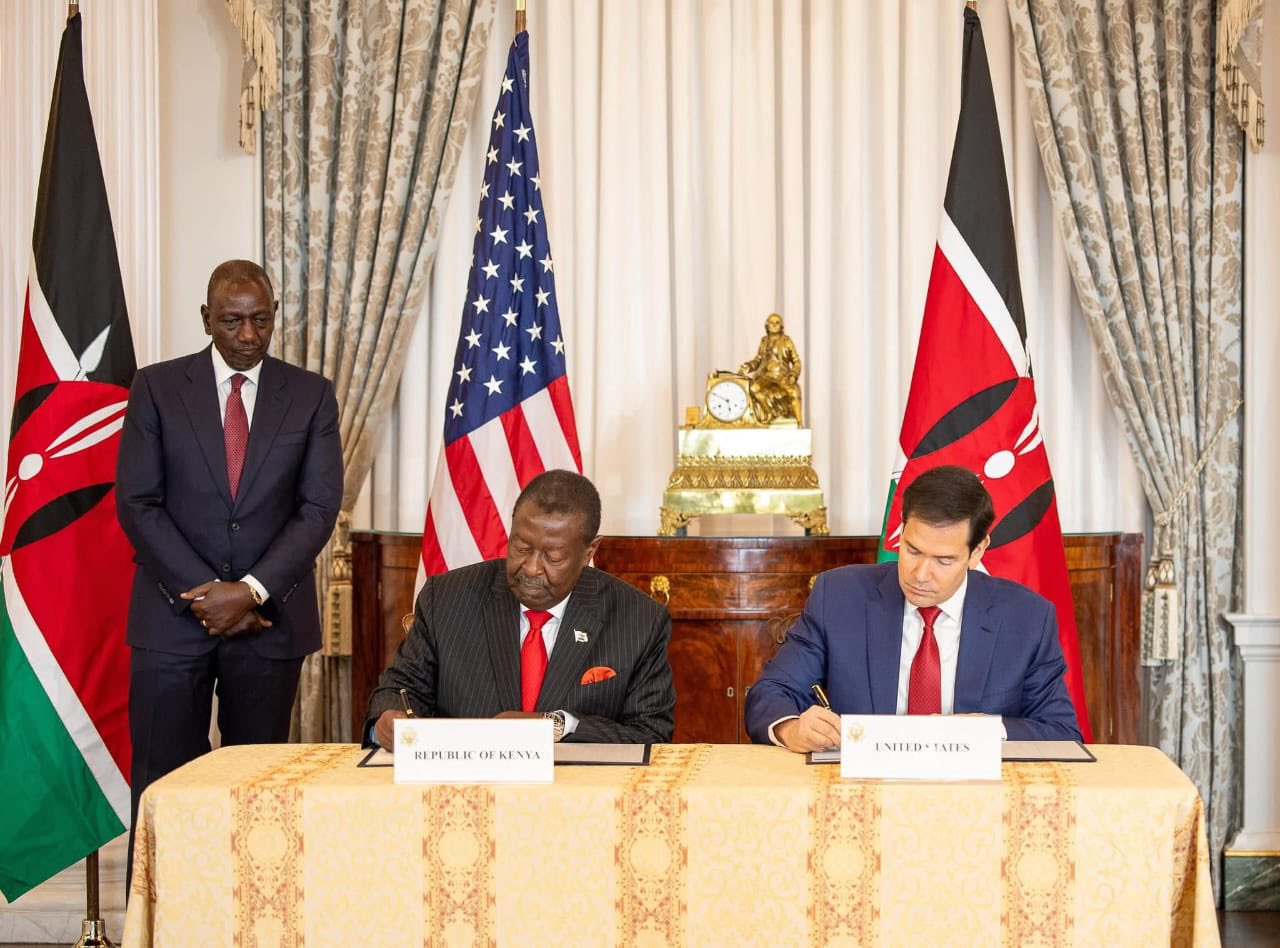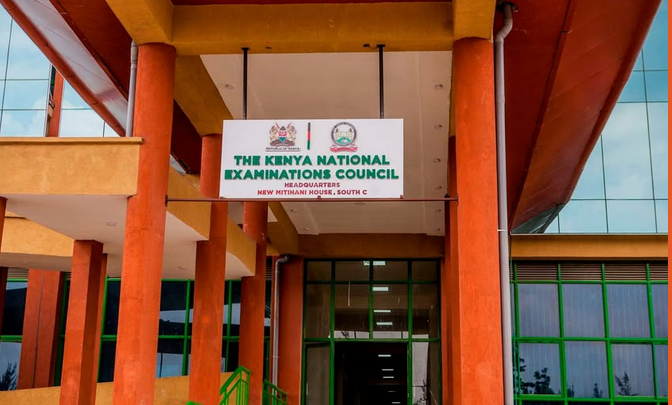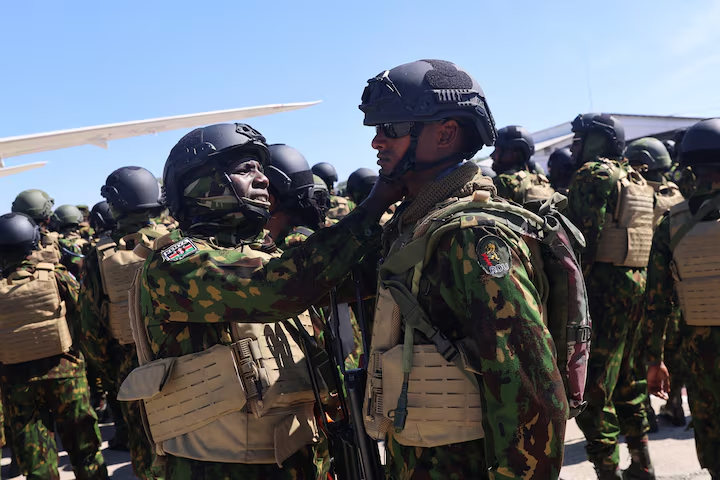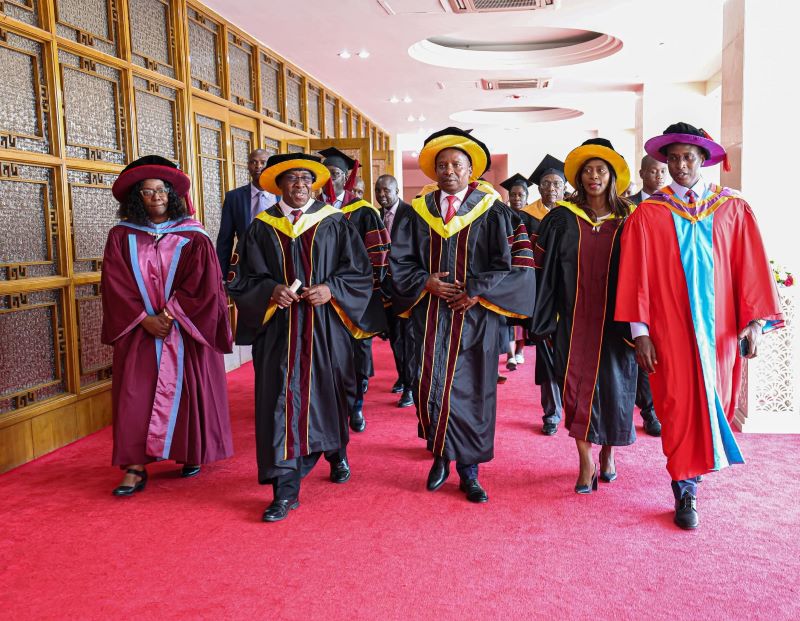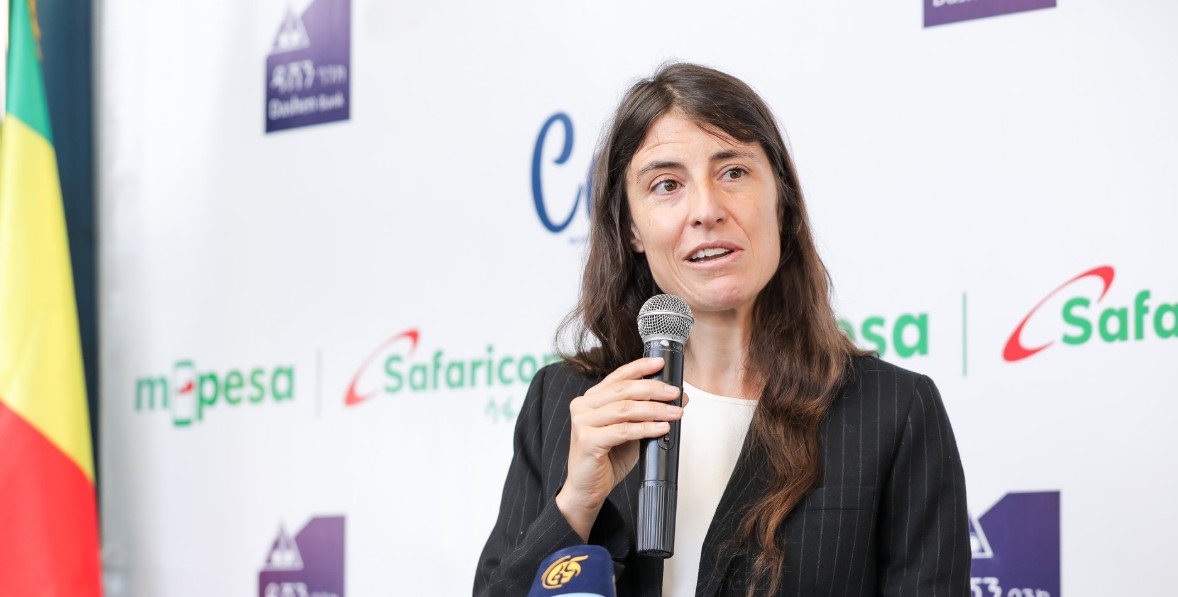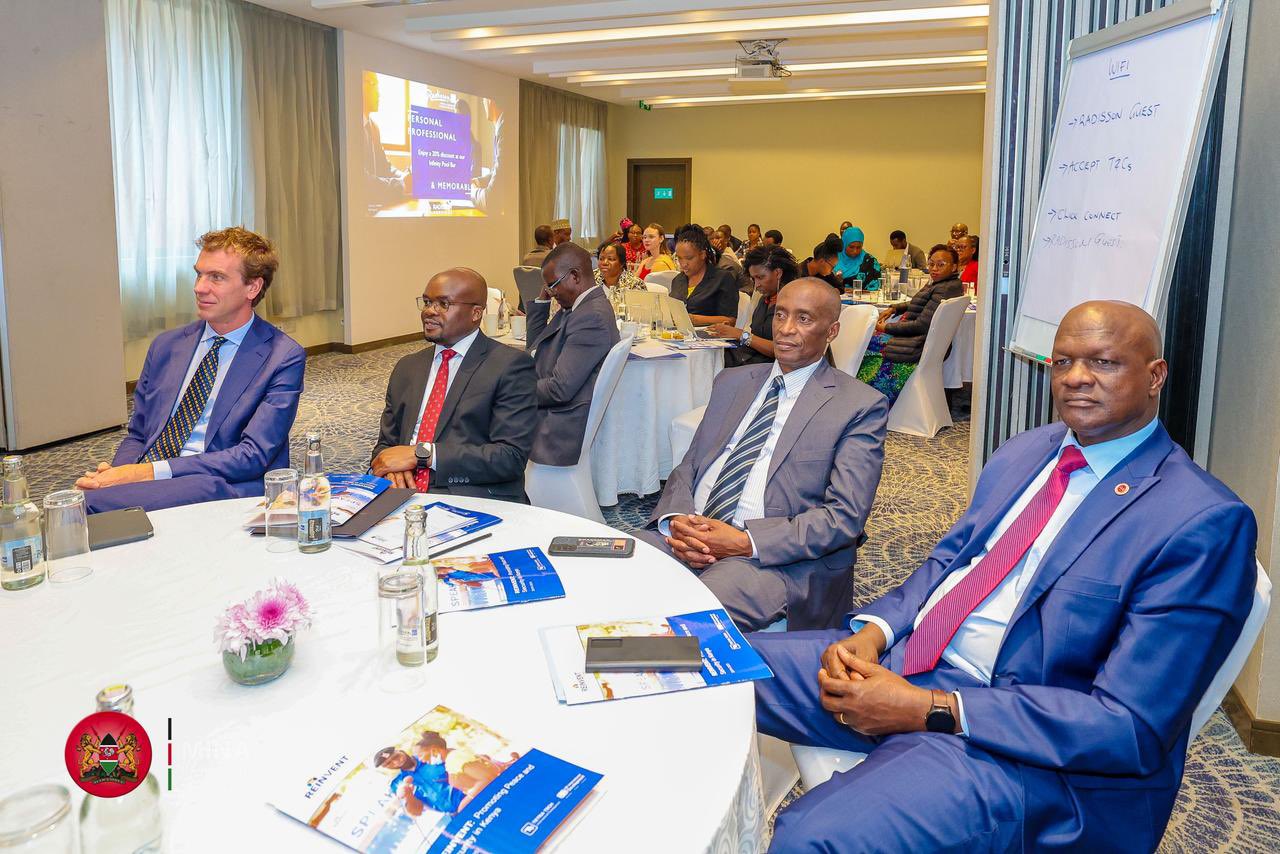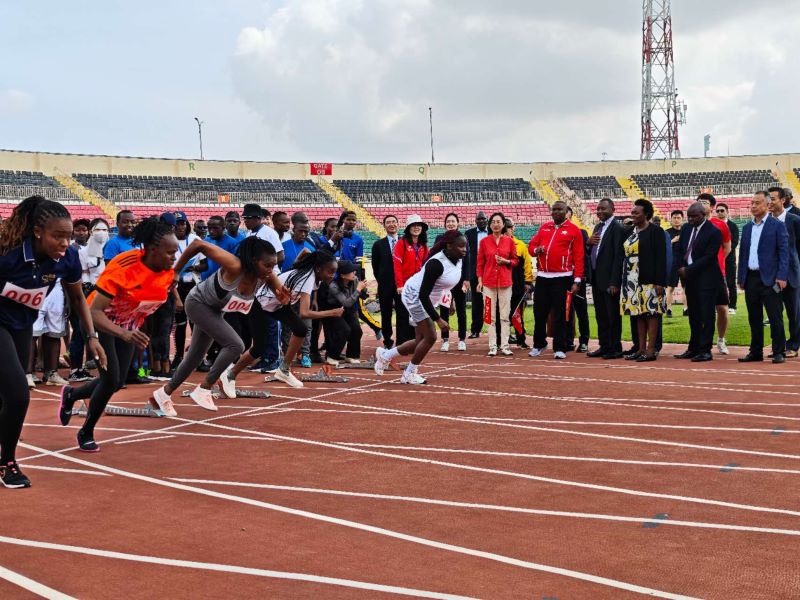NPSC introduces tough measures against corruption in police hiring
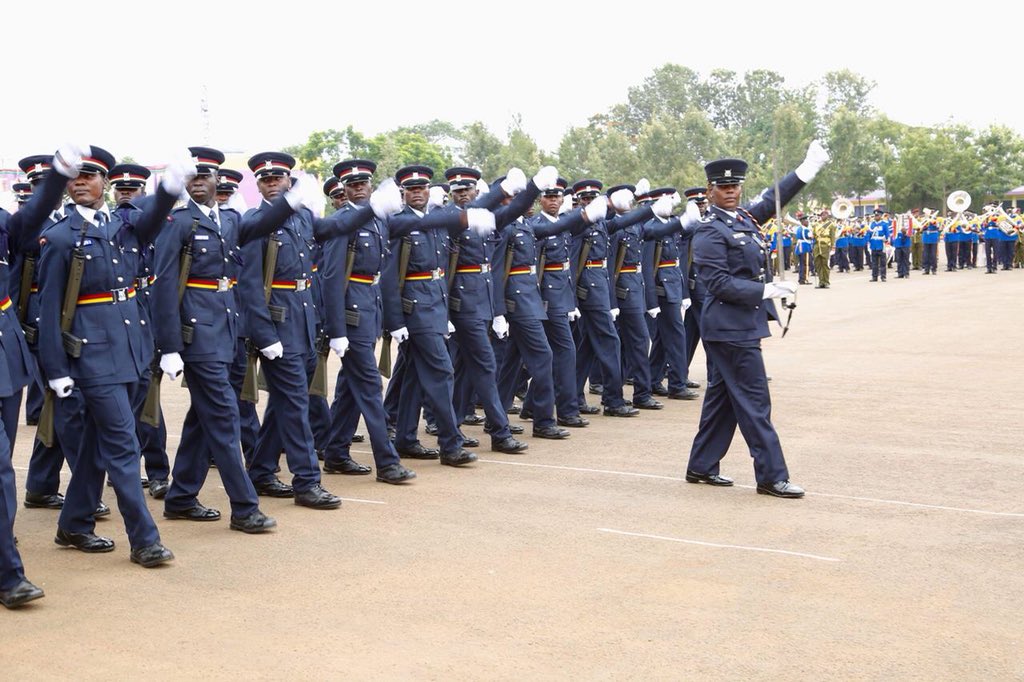
The rules lay out a structured system to make sure that only the most capable and deserving candidates are admitted into the force. Experts say the move could drastically reduce the manipulation and illegal practices that have long tainted police recruitment.
The National Police Service Commission (NPSC) has unveiled a new set of regulations aimed at rooting out corruption in the recruitment of police officers.
The National Police Service Commission (Recruitment and Appointment) Regulations, 2025, which have been tabled in Parliament for approval, are designed to ensure a fair and transparent process, closing longstanding loopholes that allowed bribery and favouritism to thrive.
More To Read
- IG reshuffles top police ranks as six senior officers moved
- IEBC blames police officers for by-election violence, maintains poll largely successful
- Seven arrested over Kariobangi North church chaos as police pursue more suspects
- Wajir police nab suspect with AK-47 rifle in ongoing crackdown on illegal firearms
- 16 arrested over attack on Peter Kaluma during Kasipul by-election
- Police assure Kenyans of security ahead of Thursday’s by-elections
The rules lay out a structured system to make sure that only the most capable and deserving candidates are admitted into the force. Experts say the move could drastically reduce the manipulation and illegal practices that have long tainted police recruitment.
The announcement comes as the Employment and Labour Relations Court temporarily halted the current hiring exercise. Judge Hellen Wasilwa’s order on Friday suspends recruitment until the case is mentioned on October 21.
Under the new regulations, it is explicitly forbidden to “solicit, offer, or receive any payment or other form of consideration” for a job in the police service.
This applies to candidates, members of the public, and senior officers alike, with violators liable to prosecution under the Anti-Corruption and Economic Crimes Act.
Recruitment will now follow a three-stage process. First, applicants submit their forms online, after which the recruitment system handles shortlisting. Only those who meet the set requirements will be notified.
The second stage involves document verification, physical fitness tests, and medical checks, culminating in the issuance of admission letters to successful candidates. The final stage is the enrolment of recruits into designated police training colleges.
“A person interested in filling an advertised vacancy shall apply through the recruitment system or, under special circumstances, through such other method as the commission may specify in the advertisement,” the regulations state.
Selection will be strictly merit-based, taking into account candidates’ ability, integrity, aptitude, and performance in objective tests.
“The commission shall only shortlist candidates who meet the minimum requirements,” the rules add, meaning only shortlisted applicants will be invited for the physical and document assessments.
The physical tests have been standardised nationwide. The running test, often a point of elimination in past recruitment drives, will now be six kilometres for men and four kilometres for women.
Minimum height is set at 5’8” for men and 5’3” for women. Recruiters will check for flat feet, limping, dental health, eye function, including squint and winking, arm stretch, presence of all fingers, knock knees, bow legs, and any visible elbow deformities.
“A candidate, other than a shortlisted candidate, shall not be permitted to attend the verification of documents and physical assessment,” the regulations emphasise.
Every official on recruitment panels will be required to take a legal oath of integrity, pledging to act honestly, fairly, and without fear or favour, in line with constitutional principles. Any breach will be punishable by law.
To reduce local influence and nepotism, panel members will be barred from serving in their home constituencies. This step is expected to ensure impartiality and protect the process from local political pressures.
Top Stories Today

